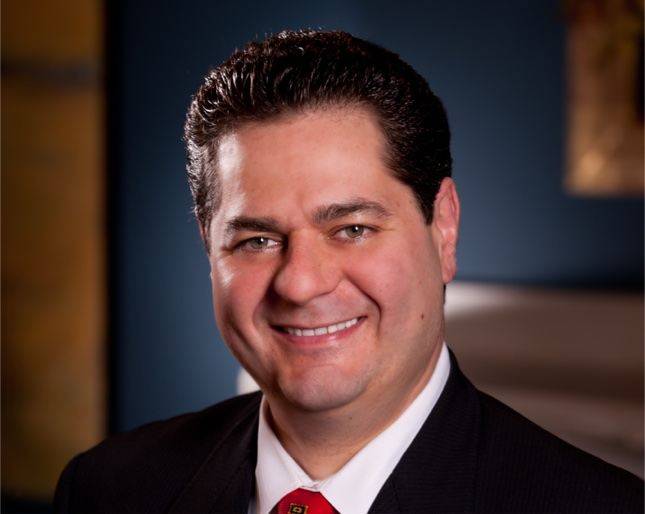The decision to place elderly loved ones into someone else’s care, whether it be hospice, nursing home or an assisted care or living facility, is usually fraught with difficulty and emotion. Families struggle with the decision to put a loved one’s care in the hands of another person or facility, even if the decision is inevitable or unavoidable. When we entrust the care, health, safety, and well-being of our loved ones to others, we have every right to demand and expect that they will perform their jobs with competence, respect, and dignity and will adhere to the highest levels of ethics and professionalism in the industry.
The “Corporatization” of the Nursing Home Industry
Nursing home neglect and abuse is frighteningly becoming more and more common. The nursing home industry has become a multi-billion-dollar business in the United States owned and operated by large chain corporations which are sometimes more interested in achieving profitability at the expense of administering quality and proper care. Because of the “corporatization” of the nursing home industry, and the significant financial pressures to generate rapid profits, nursing home facilities may have an inadequate number of qualified or trained staff members to properly monitor and supervise residents. When nursing home facilities cut corners, loved ones may be subject to an increased risk of abuse and neglect.
Abuse and Neglect
It doesn’t matter what a resident’s existing health problems and care challenges are. It is incumbent upon the staff to be attentive and responsive to an elderly loved one’s needs. For instance, if your loved one suffers from Alzheimer’s disease or other dementia, it is common for them to “wander” sometimes outside of the facility. Without proper assistance or supervision, a resident who wanders out into the cold winter night and is not discovered until the next morning may die of hypothermia. A nursing home facility that is understaffed or overworked and unable to properly monitor and supervise residents who tend to “wander” because of a medical condition must be held accountable for injuries suffered by the resident. Another common cause of death suffered by residents in nursing homes is choking. A resident may choke to death because the nursing staff failed to feed a resident with food he or she can eat or failed to comply with specific dietary restrictions imposed by a physician or because the staff was inadequately trained to react immediately if a resident shows any signs of choking. A resident should never die of a choking death in a nursing home.
Additionally, if your loved one has suffered painful bedsores or ulcers, restraint injuries, multiple fall-down injuries, malnutrition or dehydration, poor hygiene, rapid weight loss or unexplained bruising, you should be justifiably concerned with the level of staff supervision and attentiveness to your loved one’s needs as these are typically warning signs of neglect.
Sometimes a nursing home facility will not perform a thorough background check on a prospective employee. The consequences could be devastating. Because nursing home residents may be unable to communicate or have memory problems because of dementia or their medications, they are particularly vulnerable to horrific forms of physical and sexual abuse, including inappropriate touching, rape, sodomy and other sexual crimes. A nursing home facility that hires a predator to care for your loved ones based on an inadequate and flawed screening process should bear full responsibility for the harm caused by its wrongdoing.

